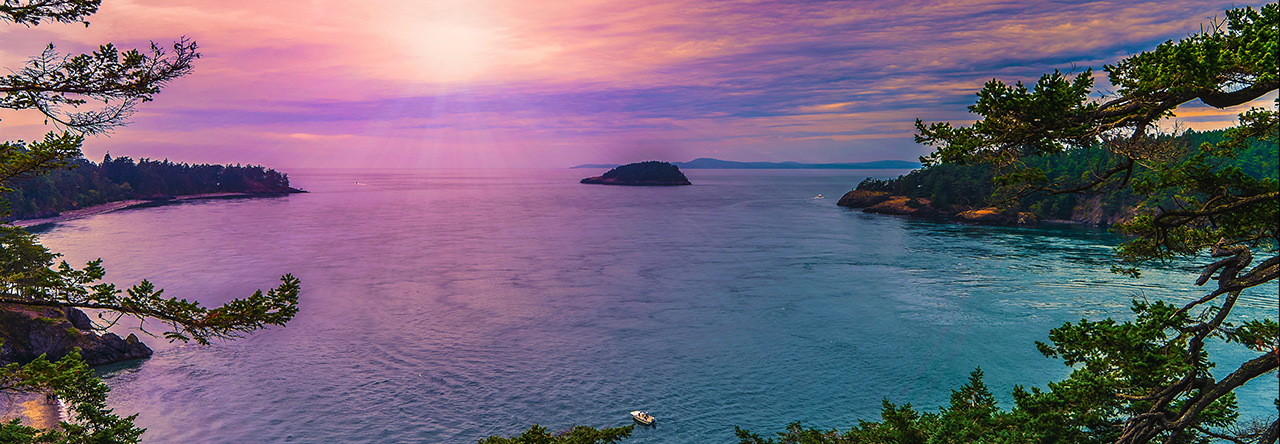Most people know that today, September 1st, is the anniversary of the start of WWII. Nazi Germany invaded Poland and England and France declared war on Germany because of a commitment they made to defend Poland. But most people would not know there were multiple “start of the war” dates. For some, it was long before. In the Far East war had been going on for years. Just ask the Koreans. Japan invaded Korea in 1910 and occupied it until the end of WWII. Ask the Chinese. Japan invaded the Chinese Manchurian province in 1931 seeking raw materials since Japan is resource-poor and dependent on imports.
Ask the Czechs. The Sudetenland was annexed by Germany in 1938. Ask the Austrians. The Anschluss by which Austria was taken over by Germany also happened in 1938. The argument was that the population of these areas was largely ethnic German and so Germany was just expanding the area of Germanic people. But still, it was war in other terms and arrangements.
And ask the Ethiopians. Italy came under the control of an original Fascist – Mussolini – in 1924. In 1935 Italy occupied Ethiopia, the last country in Africa to be colonized, operating from their base in Eritrea, a long-time Italian colony. The emperor, Haile Selassie, was forced to flee and appealed to the League of Nations for help. But the League was a failed international organization and thus war came to the nation.
And then there were those for whom the war started later like the US. President FDR tried to help -there were deals with England where US pilots aided the English RAF in fighting off German bomber attacks. There was the Lend-Lease deal where China and the Soviet Union received military equipment. But there were strong isolationist voices in the US, including America First’rs like Charles Lindbergh who opposed US entry into the war. Lindbergh admired the German air force capability and was sympathetic to their cause, much like the abdicated Duke and Duchess of Windsor in exile from Great Britain.
So the US remained neutral during the early years, even with the fall of Paris in June 1940. We only got into the war because of the Japanese attack on Pearl Harbor in December 1941. And only entered the European phase of the war because Germany declared war on us when we declared war on Japan, their ally. We really should not fault the French for sometimes being upset with US not just because of our standing by while France was occupied but also because it was still two and a half years after Pearl Harbor (Dec 1941- June 1944) before in D-Day and the liberation of France was begun.
The Soviet Union’s entry into WWII was also delayed -it began in the summer of 1941. They had negotiated a treaty – the Molotov- Ribbentrop Pact of 1939, whereby both nations agreed to not attack the other. As part of this, they divided Poland between themselves, so the Soviets were fighting earlier but not against the Nazis. Hitler got greedy and thus invaded the Soviet Union, repeating Napoleon’s error in 1812 and so in June 1941 WWII came to the Russians.
Three major nations remained neutral in the war – hard to imagine you could remain neutral? Sweden has had its share of wars over the centuries but chose to remain neutral this time. This was an aid to refugees and escapees from Nazi atrocities and kept Sweden from the occupation its neighbor Norway endured. Switzerland maintained neutrality and performed some of the same assistance that Sweden did, yet it was also complicit in providing financial aid to Germany and hiding stolen Jewish assets. And Spain was neutral in WWII. Spanish dictator Francisco Franco had received support from Nazi Germany in the Spanish Civil War but he chose to remain nominally neutral and yet allowed Axis ships to use Spanish ports. So, for these nations they had no WWII start date.
History is complex and not cut and dried as many people might think. It is interesting to note the dates, like today, but it is important to understand the context. War involves flesh and blood people who are affected by the events. For me this is personal. My grandfather was in the military- Coast Artillery on the Pacific Coast -during WWII, so far from the conflicts but probably aware of the fears of Japanese invasion. He had served with the American Expeditionary Force in Europe during WWI, so he had faced his share of hostilities. My dad was classified 4-F because of bad eyesight, so could not serve and had to suffer the accusations that were spewed at all able-bodied non-enlistees of that era. My uncle Phil was a casualty of the war – though far from the battlefield training pilots to fly.
Many were born and many more died on this date in history, but largely we remember few of their names. And that’s how it was 84 years ago today.

